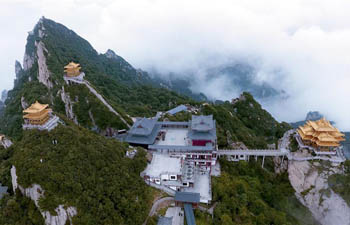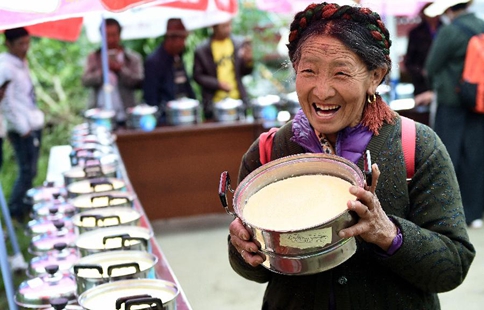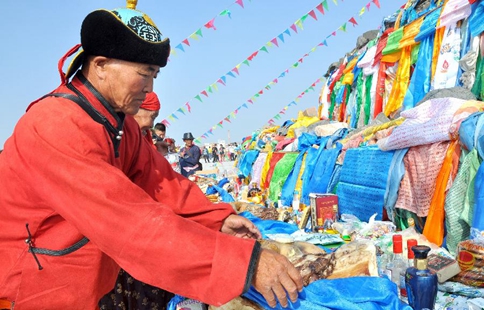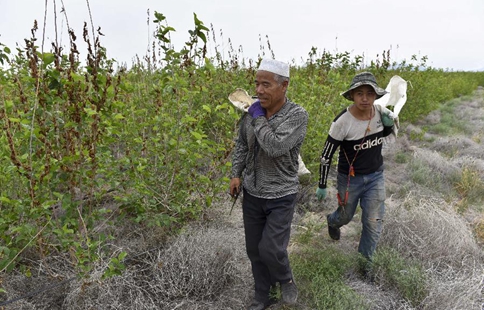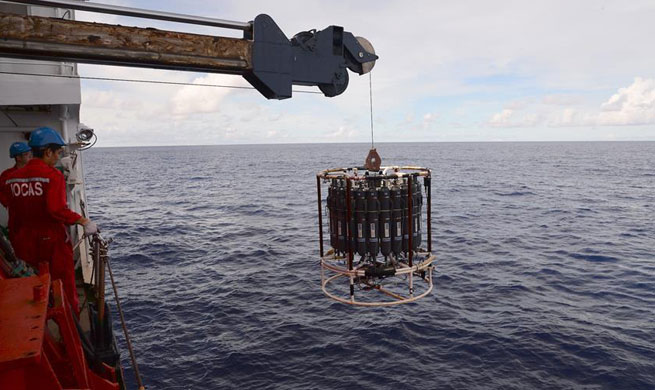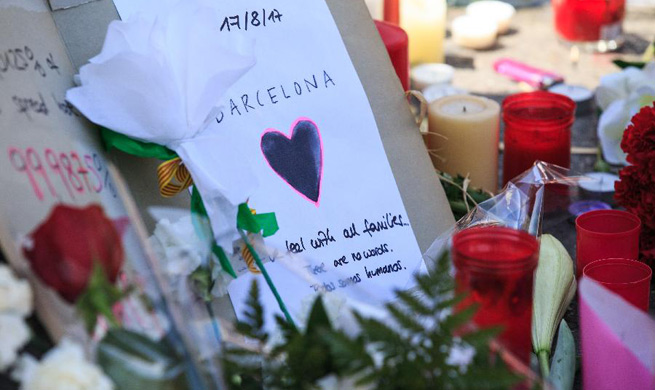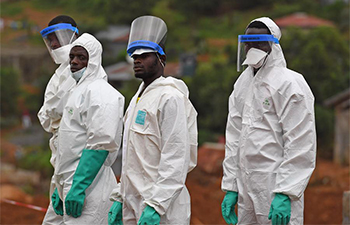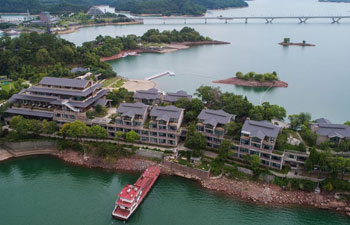VANCOUVER, Aug. 19 (Xinhua) -- The Canadian province of British Columbia has extended its state of emergency to Sept. 1 as its residents and fire crews continue to deal with what has become the worst wildfire season on record.
The province-wide state of emergency means that those fighting the fires and dealing with the crisis can access federal, provincial and local resources to help with the battle.
This development marks the third time the B.C. government has extended its state of emergency since it began on July 7.
There are 138 wildfires still burning across the heavily-forested and mountainous province, according to the government's emergency information website dedicated to the fire crisis.
Twenty-seven evacuation orders remain in affect keeping about 4,400 people out of their homes. Another 20,700 people remain on evacuation alert at various locations through the interior of the province, meaning they could be told to leave their homes at a moment's notice.
By Friday afternoon, the B.C. Wildfire Service said it had spent 321.6 million Canadian dollars so far trying to extinguish and manage the fires.
The service said there has been 1,031 wildfires across the province since April 1. Those fires have scorched more than 900,000 hectares of land - that's equivalent to about three-times the size of the Greater Vancouver region.
The previous wildfire record in B.C. came in 1958, when 855,000 hectares burned.
The crisis, which brought Canadian Prime Minister Justin Trudeau to B.C.'s central interior at the end of July, had left much of the southern and coastal sections of the province under a heavy blanket of putrid smoke for roughly two weeks.
"Tourism businesses in the Cariboo Chilcotin Coast region normally host travelers from around the world, sharing our vast wilderness and extraordinary experiences with global explorers," said Marsha Walden, the CEO of Destination B.C., the province's tourism agency.
"These industrious businesses, most of which survive based on the peak summer season, have been hit hard by wildfires and need support to welcome the world back once the fires are contained," she said Friday in a release.
In Metro Vancouver and the Okanagan Valley, that smoke has since lifted - perhaps temporarily - with weather patterns now pulling the smoke to points east of the Canadian Rockies.
The crisis is far from over, with dry, hot and windy conditions potentially reaching well into September.
The short-term forecast doesn't appear to be offering much in the way of help from mother nature.
Smoke remains over the central Caribou region, with some showers expected over the next 48 hours in that region, followed by more sun and hot temperatures, according to Environment Canada.





